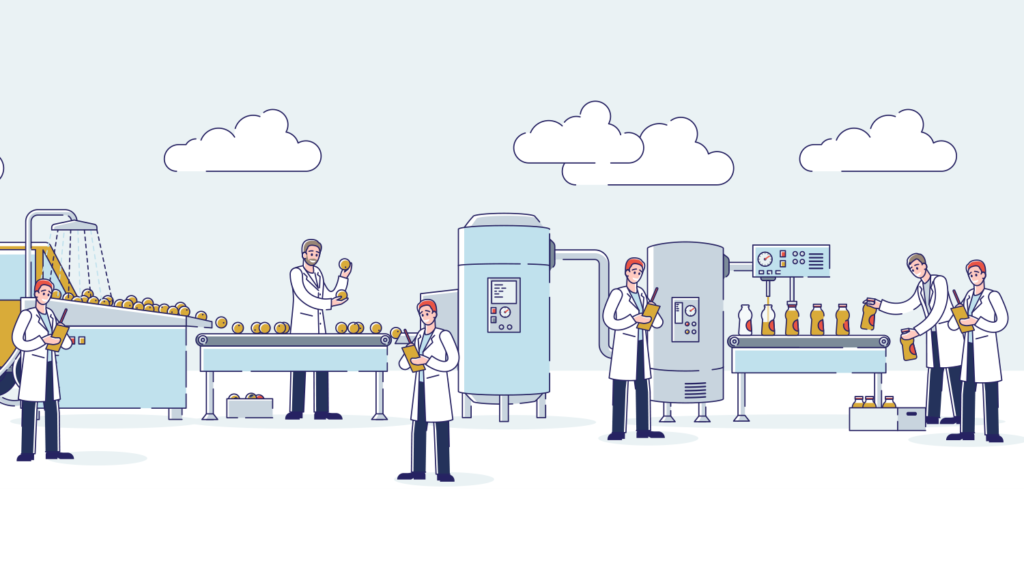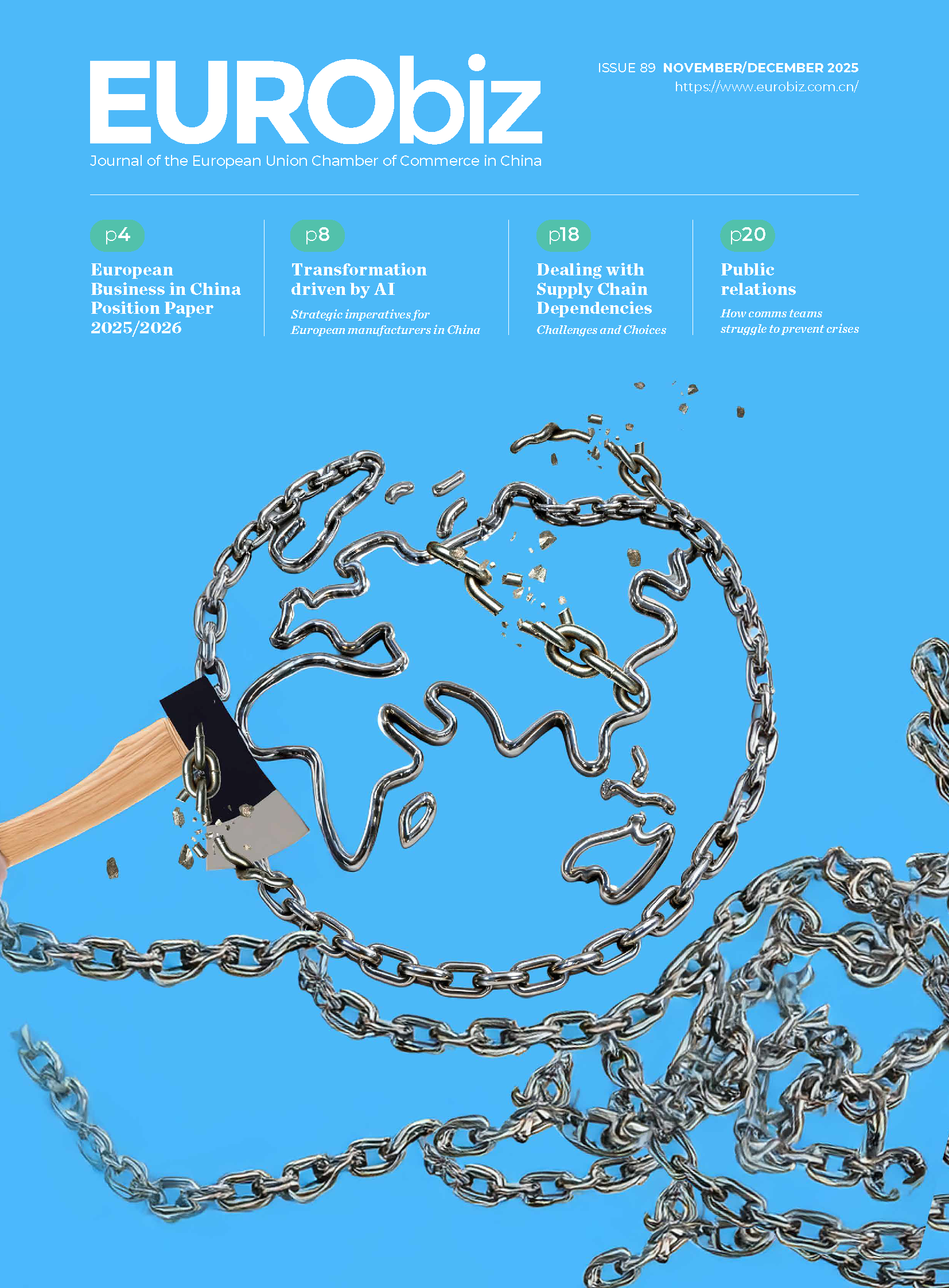
From ingredients to finished foods
China has established a comprehensive system to regulate food – from the use of food ingredients and additives, as well as food claims and labelling, to manufacturing processes, facility registration and import/export requirements. Jenny Xin Li and David J. Ettinger from Keller and Heckman LLP explain how ingredients, including food additives, receive approval to be used in finished food products.
The Chinese Government has a comprehensive framework for regulating food sold to consumers. In recent years officials have been proactive in amending existing regulations and developing new requirements to keep up with industry innovation and consumer demands. Foreign food companies often find it challenging to navigate the local regulatory landscape when entering the Chinese market. Since pre-market food approval is one of the common challenges companies must tackle, this article uncovers various types of food applications (e.g., novel food) in China to help companies gain a better understanding.
New food ingredients
Food ingredients are the basic substances used in food, such as sugar, starch and water. China does not have a ‘positive list’ of food ingredients. However, pre-market approval is required if a food ingredient is a ‘new’ ingredient in accordance with the National Health Commission’s (NHC’s) novel food regulations.[1] Typically, ‘new’ here means a substance that has not been traditionally consumed in China. That means if an ingredient is commonly used in Europe, it may still be considered new in China if it lacks a history of consumption. One can seek approval for a new food ingredient via the so-called ‘novel food application’ process. The subjects of novel foods could be, for example, newly developed plant extracts, edible bacterial strains, cultured meat, insect-based ingredients or fermentation-derived proteins. The NHC will review each application and make an announcement on its website once approved.[2]
New food additives
Food additives in China are regulated by the national food additive standard GB2760.[3] Only permitted food additives can be used in food. That means non-permitted additives, i.e., ‘new’ food additives, must obtain pre-market approval before their use in China. The NHC is also the food agency in charge of reviewing and approving new additives in accordance with the food additive regulations.[4] It has set out the specific data requirements for new food additives. The subjects of food additives not only include the typical ones such as preservatives, colour additives and antioxidants, but also nutritional fortification substances (e.g., vitamins and minerals), enzymes, chewing gum base ingredients and processing aids (e.g., solvents and filtration agents). Thus, one should first assess whether a substance used in food is considered a food additive or food ingredient in China before applying for approval as they are subject to different application procedures.
Finished foods for consumers
The substances used in food may be subject to pre-market approval, and the finished foods sold directly to consumers may also require pre-market approval in China. Health foods are one such example. When a company intends to communicate certain health benefits of a food to consumers through product labelling, such food would be deemed a ‘health food’ that can only be marketed in China after receiving approval from the State Administration of Market Regulation (SAMR). For instance, making the claim that a food has the function of boosting the body’s immune system would transform the product into a health food, meaning it would require pre-market approval. It should be noted that in practice only the health claims approved by Chinese regulators can be used for health foods sold in the country. Therefore, even if one can demonstrate the scientific relationship between the food and the stated health claim, and has already obtained approval from other regulators, such as the European Food Safety Agency, it needs to go through the SAMR’s health food application process[5] by submitting the required data. Notably, the SAMR’s approval is product-specific and company-specific.
Other than health foods, there are other special food[6] in China that require pre-approval by the SAMR before being placed on the market, such as the formulation of infant formula products and foods for special medical purposes, for which there are detailed requirements. Therefore, one should always assess the regulatory status of a food in its entirety (e.g., food composition and labelling) when considering its export to China.
As 2025 marks the fiftieth anniversary of diplomatic relations between the European Union and China, food could be a sector for further cooperation as China continues to optimise its food regulatory environment, providing European companies with a more transparent, rules-based gateway to a market of 1.4 billion consumers.
David J. Ettinger is a partner at Keller and Heckman LLP. Jenny Xin Li is a counsel at the firm.
Keller and Heckman LLP is an international law firm
that provides food regulatory compliance services to companies and industry
associations around the world, e.g., food import/export requirements, product
approvals and food labelling/advertising etc.
[1] Administrative measures for the safety review of new food raw materials, National Health Commission, 26th December 2017, viewed 13th August 2025, <https://www.nhc.gov.cn/wjw/c100221/202201/0bbea384f540430485b886edba385559.shtml>
[2] Updates, National Health Commission, 2nd July 2025, viewed 13th August 2025, <https://www.nhc.gov.cn/sps/c100087/new_list.shtml>
[3] Latest Announcements, National Center for Food Safety Risk Assessment, 16th March 2025, viewed 13th August 2025, <https://sppt.cfsa.net.cn:8086/db?type=2&guid=6CA1489A-9570-4906-8CE8-CC86FBFB1941>
[4] Regulations on the Application and Acceptance of New Food Additive Varieties, National Health Commission, 25th May 2010, viewed 13th August 2025, <https://zwfw.nhc.gov.cn/kzx/zcfg/sptjjxpzsp_236/201005/t20100525_1311.html>
[5] Health Food Registration, State Administration for Market Regulation, viewed 13th August 2025, <https://zwfw.samr.gov.cn/guideDetail?id=22d18e7b4dc749fa9d1a52d172c2b3f8>
[6] Article 74 of the Chinese Food Safety Law refers to special foods. See: Food Safety Law, State Administration for Market Regulation, 29th April 2021, viewed 13th August 2025, <https://www.samr.gov.cn/zw/zfxxgk/fdzdgknr/fgs/art/2023/art_6bff4ef87291497fa72949e1fc88efb5.html>


Recent Comments